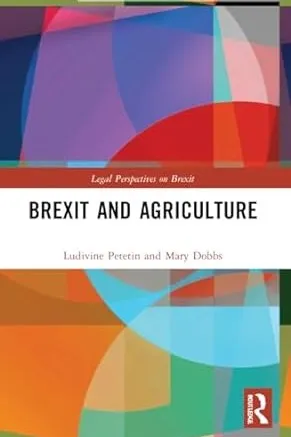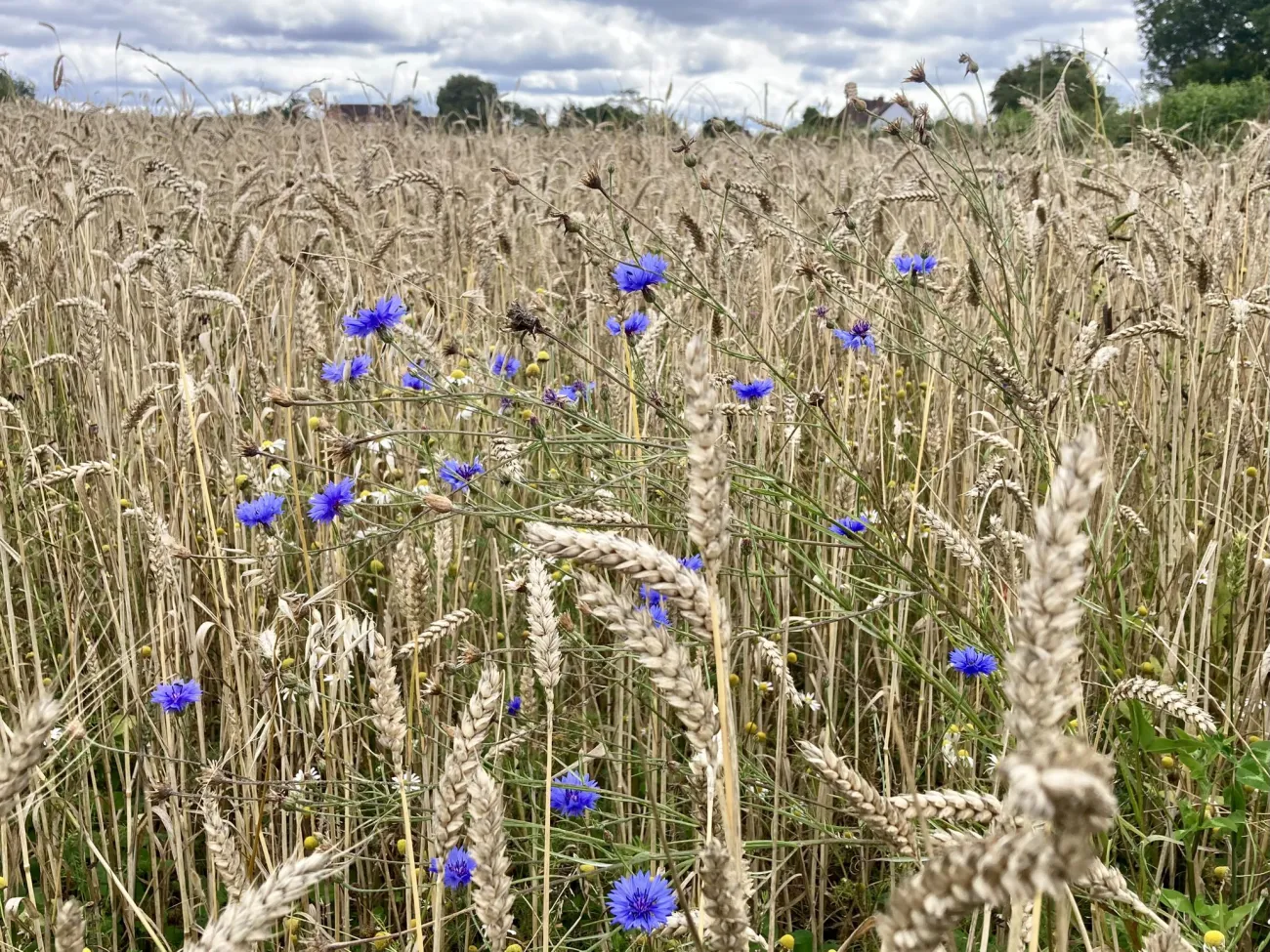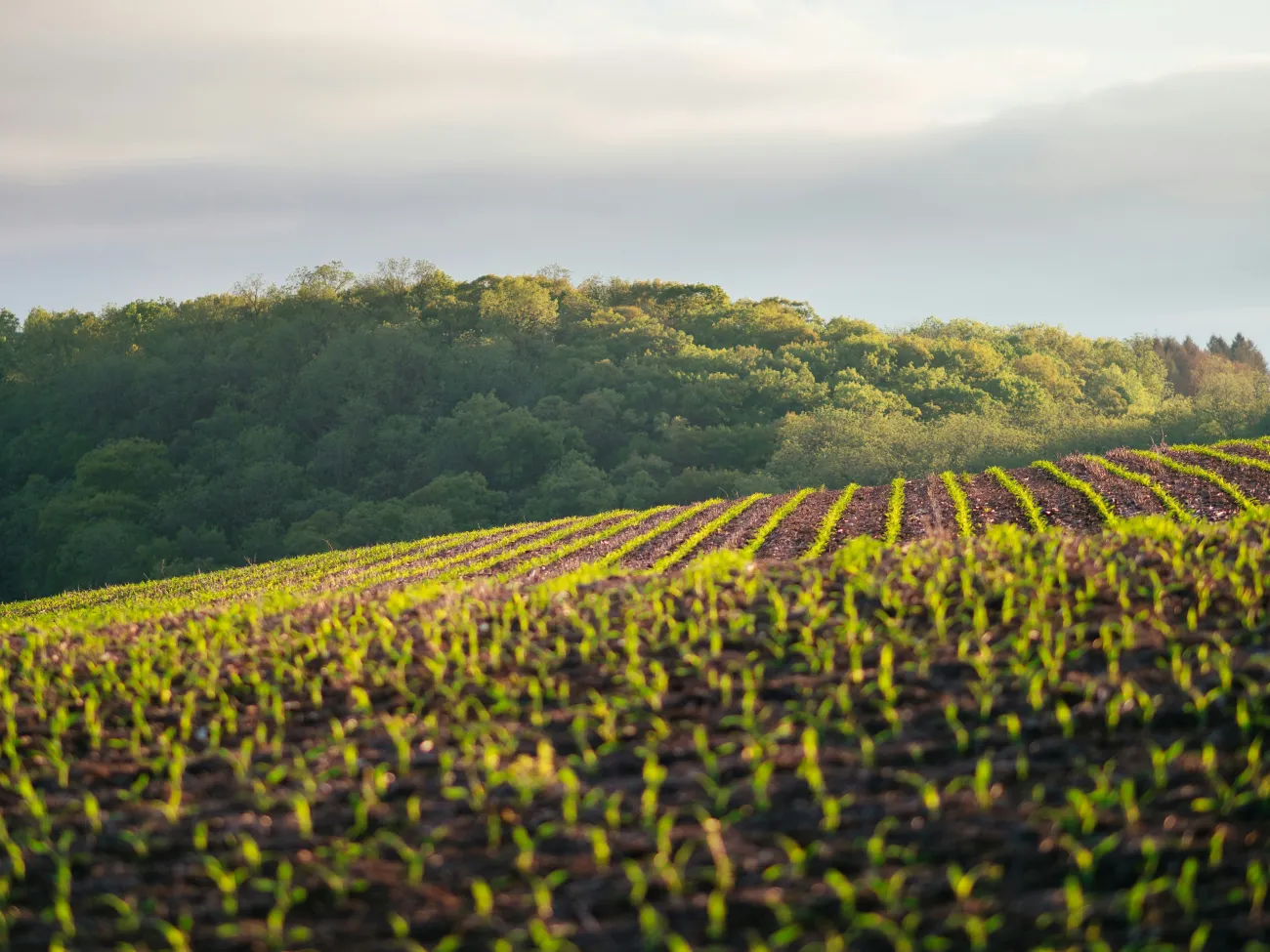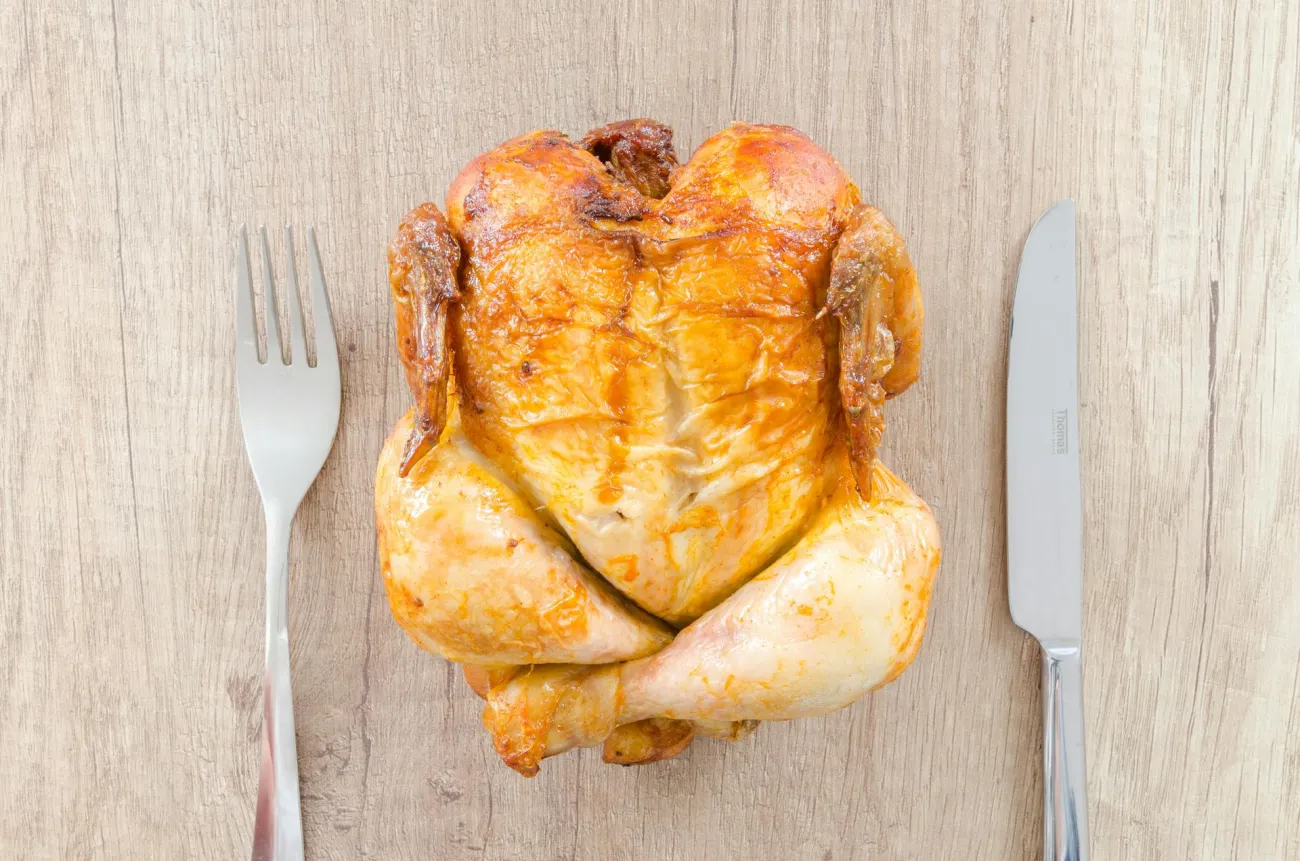This book, written by Ludivine Petetin and Mary Dobbs, dives into free trade agreements for standards across the UK’s four nations and levies a critique of the policy efforts post-Brexit as the nations transition away from the Common Agricultural Policy. It is relevant to agri-food stakeholders and policymakers in various sectors both within the UK and abroad.

Summary
This book investigates agricultural policy across the four nations of the UK in the aftermath of Brexit. The authors offer a critique of the four nations as they have left the EU Common Agricultural Policy (CAP) and call for more ambitious action. The book discusses outcome-based schemes, governance mechanisms, impacts on farm diversity, and path dependency on the CAP and Englishes approaches. The book takes an interdisciplinary approach with findings relevant to lawyers, political scientists, economics, human geographers, scientists, policymakers, agricultural communities, civil society organisations, and think tanks within the UK, EU and further abroad.
Publisher’s summary
Acknowledging the challenges and opportunities raised by Brexit for the agrifood supply chain and agricultural policies across the UK, this book provides the first in-depth analysis of agricultural policy developments across the UK’s four nations rooted in strong theoretical and practical underpinnings.
Arguing that the four nations could be more ambitious in departing from the Common Agricultural Policy and extending beyond the ‘public money for public goods’ approach adopted across the UK, it critiques the core attributes of their policies with focuses including the debate over outcome-based schemes, governance mechanisms, impacts on farm diversity and path dependency on the Common Agricultural Policy and English approaches. It promotes a ‘resilient agriculture’ paradigm and utilises social-ecological services, net zero, agroecology and agri-food democracy as the main pathways to achieve this. In doing so, it scrutinises the evolving contextual, political and legal landscape within which devolved and UK agricultural policies are developing from a multilevel governance perspective, examining the implications of WTO law for the UK and its devolved administrations to determine environmental, food and animal welfare standards under the GATT, the SPS and TBT Agreements and financial support schemes under the Agreement on Agriculture.
The book assesses the significance of the Northern Ireland Protocol, the Trade and Cooperation Agreement with the EU and other free trade agreements for standards across the UK and access to markets. From a domestic perspective, challenges to devolution and the stability of the Union are highlighted. Elements of unilateral recentralisation are visible via financing mechanisms, the UK Internal Market Act and the Agriculture Act.
The book’s interdisciplinary nature makes it of interest to lawyers, political scientists, economists, human geographers and scientists, as well as policymakers, agricultural communities, civil society organisations and think tanks in the devolved administrations, the UK, the EU and beyond.
Reference
Ludivine Petetin, Mary Dobbs, 2024. Brexit and Agriculture. Routledge & CRC Press. https://www.routledge.com/Brexit-and-Agriculture/Petetin-Dobbs/p/book/9781032190730
Read more here. For more about post-Brexit food system policy changes, check out the TABLE blog Land matters: why we need better land use decision making.




Comments (0)